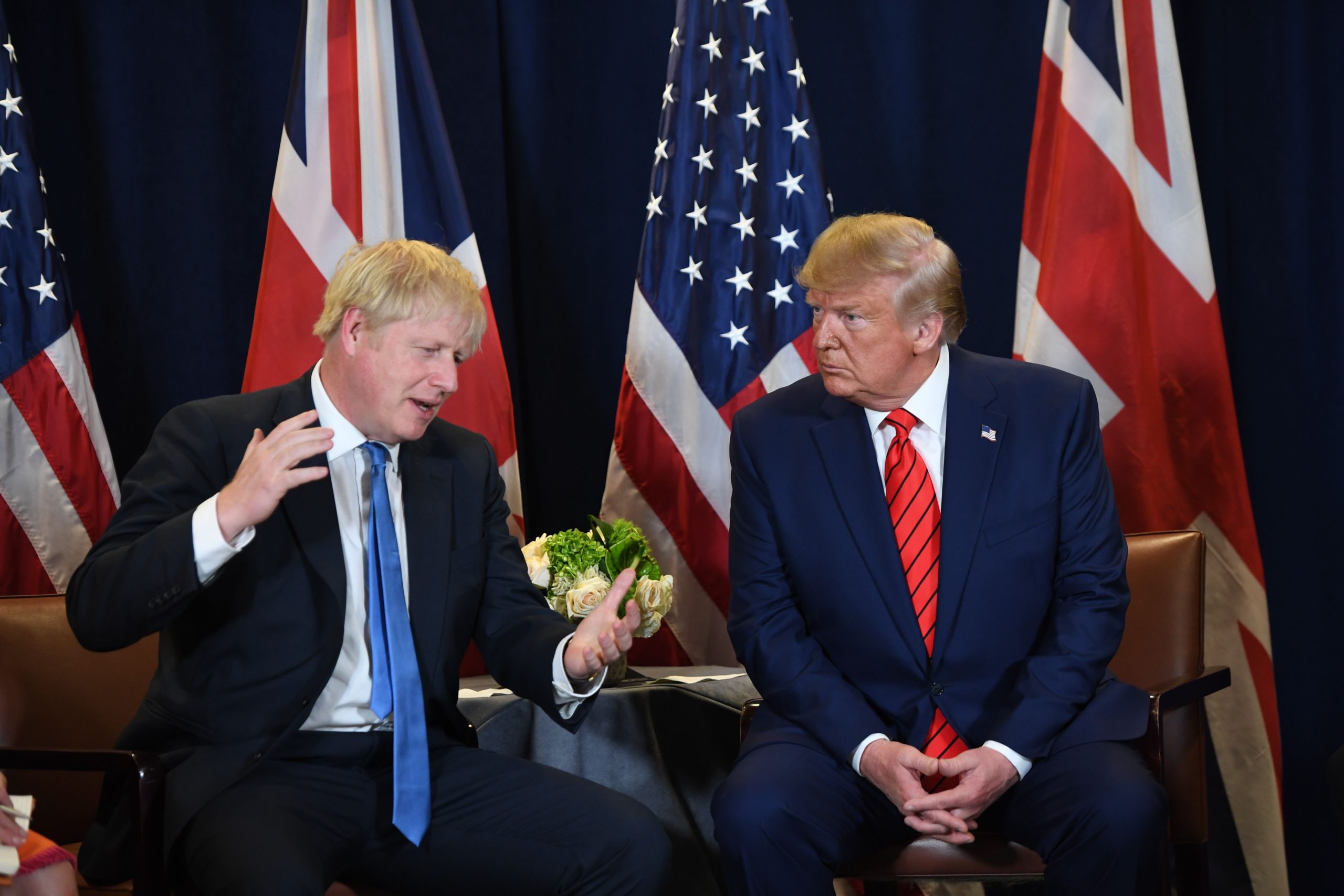A startling new report from Imperial College London warns that 2.2 million Americans and 510,000 Britons could die from coronavirus if extreme action isn’t taken to change the course of the outbreak.
Why it matters: The report’s dire warnings prompted a quick course correction from both the American and British governments on their strategies, but its strict recommendations and long timeline — 18 months — to stem the tide could have far-reaching implications for both populations and economies.
What they found: The report states the effectiveness of “mitigation,” which includes isolating only the sick and those linked to them while advocating social distancing for at-risk groups, is limited. It instead recommends “suppression,” a much more wide-ranging tactic to curb coronavirus‘ spread.
- The researchers say that suppression “will minimally require a combination of social distancing of the entire population, home isolation of cases and household quarantine of their family members.” It also recommends school closures.
- The report notes that this strategy could have to be in place until a vaccine is developed, which could take 18 months — saying it is “the only viable strategy at the current time.”
Worth noting: While China and South Korea have managed to suppress the outbreak using similarly draconian strategies, the report admits that it’s not yet clear if suppression’s successes can last in the long-term.
The state of play: The findings caused a messaging shift on both sides of the Atlantic.
- While President Trump had previously brushed off coronavirus concerns and compared it to a winter flu, the White House advised people on Monday to avoid gatherings of 10 or more, stop non-essential travel and avoid bars and restaurants.
- The U.K. previously allowed its citizens to go about the world more or less as normal, but Prime Minister Boris Johnson walked some of that back this week — admitting that the country was only days behind Italy’s outbreak and instituting more strict recommendations for at-risk populations. But it still eschewed lockdowns and

